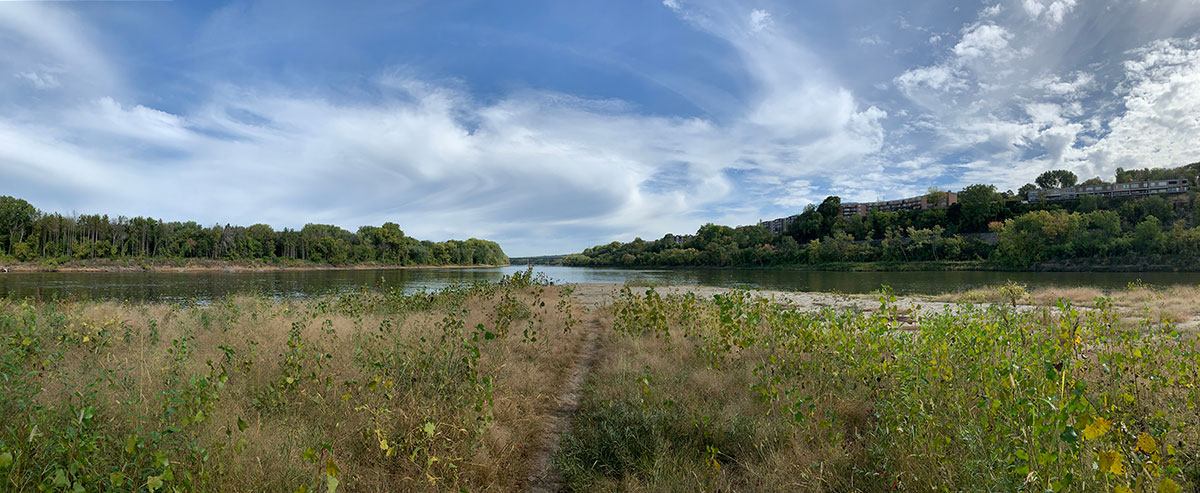
Register now! Spring semester starts January 12.


Metro State University acknowledges that we are on the unceded lands of the Dakota and Anishinaabe peoples. Just twelve miles away from Metro State University, the Minnesota River joins the Mississippi River at a place called Bdote, the place “where two waters come together” in Dakota. Bdote, and the bluff land surrounding Metro State, is an especially sacred site, a spiritual and physical place of creation for Indigenous peoples of Minnesota.
We encourage each of us who are settlers on or visitors to this land to become familiar with the Dakota and Anishinaabe peoples, and their vibrant lives and work. We strive to interrupt the legacy of colonialism and Indigenous erasure by supporting efforts to reunite and restore Indigenous peoples to the land. This is the definition of landback, and the reason we do land acknowledgement practice.
The legacy of colonialism and occupation is ongoing and actively harming Native American and Indigenous communities. Colonizers and occupiers, including institutions of higher education, continue to uphold the genocide, ethnic cleansing, stolen land, and forced removal of Indigenous peoples.
Acknowledging and honoring the space we occupy is central to our vision of building anti-racist learning and work environments.
In January 2021, President Arthur convened a committee to study land acknowledgment statements and recommend policies and practices. The committee held listening sessions with the university's American Indian Advisory Council and VOICES, the American Indian student association.
After consultation with the Native Governance Center and the Wakáŋ Tipi Center, the committee drafted the university's core land acknowledgment statement and developed a resource guide and action steps.
Metro State recognizes that practicing land acknowledgment is an ongoing and continual project. In addition to acknowledging the land when the community gathers for public events and convenings, we also strive to practice land acknowledgment in coursework syllabi, and in collaborative work spaces.
We invite all community members to practice land ackowledgment as part of our praxis of creating an anti-racist learning community. Ideally, learning community leaders can model this practice by reading the statement and sharing resources. Leaders should: